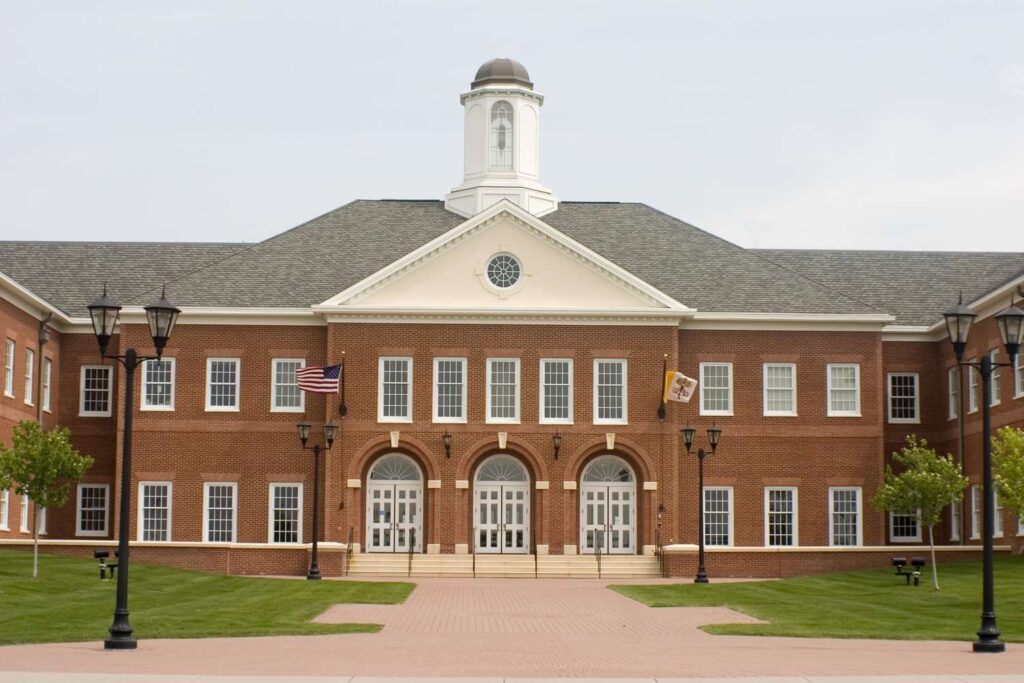Gifted students — those with exceptional intellectual or creative abilities — often require more than traditional classroom settings can offer. In a typical public school environment, where the focus is on teaching to the average, gifted students may become bored, disengaged, or even underachieve. That’s where the benefits of a private school, such as Trinity or other leading private schools in Limassol, become especially clear.
What distinguishes these institutions is not only their resources, but also their ability to tailor learning. Smaller class sizes and flexible curricula allow educators to adapt to individual student needs — including those of gifted learners. These students may think abstractly at a young age, master content quickly, and crave depth in their studies. Without the right environment, their potential can go untapped.
Tailored Support Systems in Private Education
Unlike public systems, where advanced learners are often grouped into one-size-fits-all “enrichment” programs, private schools typically take a more nuanced and proactive approach. Many schools — including Trinity — develop structured systems to identify and support gifted students early.
Key ways private schools support gifted learners:
- Diagnostic and Ongoing Assessment
From entrance exams to in-class observations, private institutions use multiple tools to recognize high-ability students early on — not just those with top grades, but those with deep curiosity, creative thinking, or unusual insight. - Individualized Learning Plans (ILPs)
A gifted student may need acceleration in math but not in languages, or vice versa. ILPs allow teachers to design a custom path based on the child’s specific strengths and pace of learning. - Compact and Accelerated Curriculum
Instead of repeating material already mastered, gifted students can move ahead — often working above grade level in selected subjects or even taking advanced online modules. - Socratic and Inquiry-Based Teaching Methods
Schools like Trinity often use open-ended questioning, philosophical debate, and interdisciplinary exploration to stimulate higher-order thinking. - Mentorship and Independent Projects
Gifted students benefit greatly from one-on-one mentorship or being paired with experts. Some private schools offer research opportunities, entrepreneurship programs, or even internships for advanced learners. - Access to Academic Competitions and Clubs
Math Olympiads, debate leagues, robotics, coding clubs — these platforms allow gifted students to challenge themselves beyond the classroom.
Checklist: What to Look for in a Gifted-Friendly Private School
When considering a private school in Limassol for your gifted child, here’s what to ask during interviews or open days:
- Does the school identify gifted students based on multiple criteria, not just grades?
- Are there flexible pathways for academic acceleration or subject skipping?
- Is the curriculum enriched with critical thinking, problem-solving, and creativity?
- How are students mentored or supported beyond standard instruction?
- What extracurricular activities are available specifically for high-ability learners?
- Are the teachers trained in differentiated instruction and gifted education?
This checklist helps ensure the school won’t just “accommodate” your child — it will actively nurture their abilities and encourage them to thrive.
Conclusion
Gifted children need more than harder math problems or extra homework — they need stimulation, challenge, and the freedom to explore complex ideas. A well-equipped private school like Trinity understands that education is not just about meeting minimum standards but maximizing potential.
In cities like Limassol, where parents have growing access to private education, it’s worth seeking out institutions that embrace intellectual diversity. Because when gifted students are placed in the right environment — one that adapts to them rather than forcing them to adapt — their abilities don’t just develop. They flourish.





